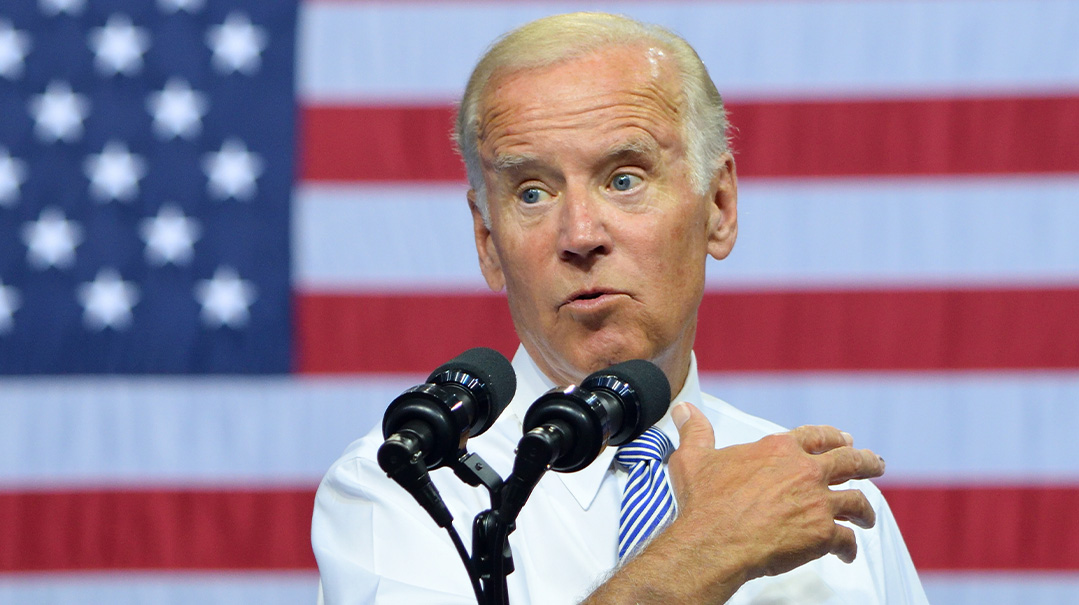Boeing Deal Shows Saudis Play Both Sides

"Both Washington and Beijing seek stability, secure flow of energy, and a reduction of risks emanating from the Middle East"

ON Tuesday, the White House announced that Boeing had inked two deals with Saudi Arabia for up to 121 aircraft. The timing of the announcement was interesting. Just a week earlier, Saudi Arabia normalized ties with Iran, in a Chinese-brokered deal that many saw as a sign of Washington’s weakness.
But perhaps, to borrow from the Wall Street Journal’s headline on the news, Saudi Arabia’s Crown Prince Mohammed bin Salman is “test driving a nonaligned foreign policy.” The announcement generated lukewarm responses from a trio of international security experts.
Brookings Institution senior fellow Ryan Hass says the deal shows that “US and Chinese interests in the region are not in fundamental tension,” and the Boeing deal following the Iran normalization will not generate too many ripples.
“Both Washington and Beijing seek stability, secure flow of energy, and a reduction of risks emanating from the Middle East,” he said. “At the same time, the US-Saudi relationship has changed considerably in recent years. In the current context, I expect Saudi leaders will be disappointed if they assume that their warming ties with China will generate leverage in their relationship with the US.”
Simon Henderson is the director of the Bernstein Program on Gulf and Energy Policy at the Washington Institute, specializing in energy matters and the conservative Arab states of the Persian Gulf. He lauded the Saudi move but also cautioned against reading too much into it.
“MBS has established a reputation for surprising and even audacious policy moves,” he said. “This policy shift fits into that category. The WSJ wording hides a deep skepticism, I suspect.”
Although the timing of the Boeing deal was curious, Henderson says there was probably no underlying connection to the Chinese diplomatic coup announced the week before.
“Probably unrelated because China does not make suitable aircraft, but the West does,” he says. “So maybe it is a reminder to the US that Saudi Arabia still appreciates the importance of the bilateral relationship.”
With Saudi Arabia apparently navigating between the superpowers, Henderson does not anticipate Riyadh facing pressure from the US to pick sides.
“I suspect the White House will be watching to see how much heavy lifting China actually wants to do,” he says. “And how comfortable the Arab Gulf states will be with the experience. I predict the Gulf leaders won’t be comfortable.”
Richard Goldberg, senior advisor at the Foundation for the Defense of Democracies, says that after two years of pushing Saudi Arabia away, first by pledging to make MBS a pariah, followed by removing the Houthis from the terrorism list, and then an exhaustive effort to revive the Iran nuclear deal at the expense of Gulf allies, the Biden administration shouldn’t be surprised to see Riyadh turn its eye toward China in search of a new strategic paradigm. But that doesn’t mean the Saudis will be able to convert that into diplomatic leverage.
“Long term, Riyadh can’t play both sides — the security commitments already provided by Washington, let alone those MBS has requested as part of normalizing relations with Israel, cannot coexist with a strategic Saudi-China relationship that compromises US technology or intelligence,” says Goldberg. “Hopefully it’s not too late to salvage US-Saudi relations and cement its future, but the president needs to try with great expediency.”
(Originally featured in Mishpacha, Issue 954)
Oops! We could not locate your form.







